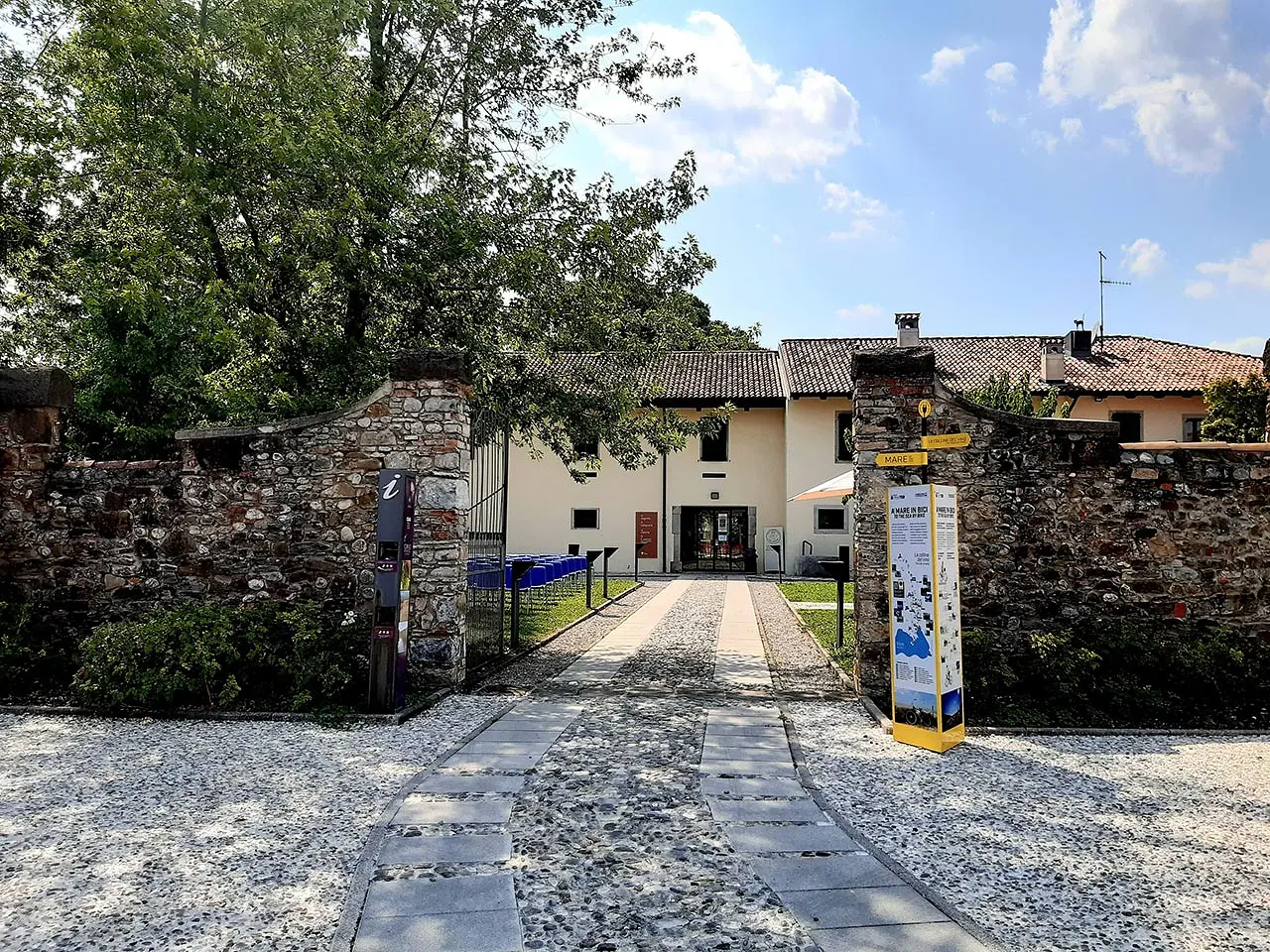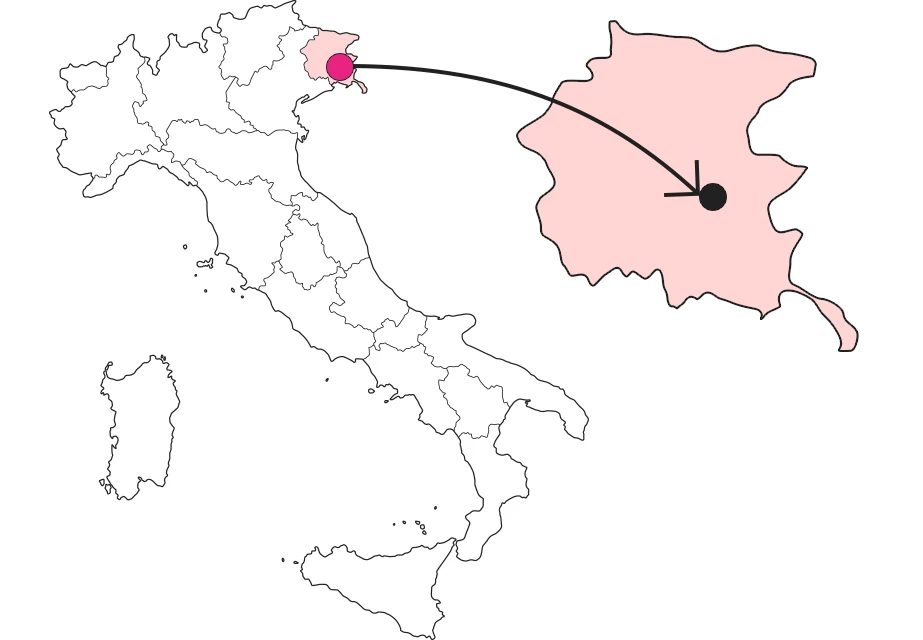SHARRYLAND


Villa Nachini Cabassi
A stone jewel surrounded by greenery, in the heart of Corno di Rosazzo



Where is

Those who go to Corno di Rosazzo are sure to notice a beautiful stately building, Villa Nachini Cabassi. What not everyone knows, however, is that at the origin of its name is a story of music and ... glue!
Croatian organist
Petar Nakić, Italianized as Pietro Nachini, was a Croatian organist and organ builder. He came to Italy in the first half of the 18th century for love of music and studied at the convent of San Francesco della Vigna in Venice. In 1729 he left the Franciscan Order and became a secular priest. His skill as an organist was well known: his organs were widespread in the territories of the Venetian Republic, in Romagna, Marche, Istria and Dalmatia.
 Organ made by Pietro Nachini for the church of San Rocco in Venice
Organ made by Pietro Nachini for the church of San Rocco in VeniceAll to be rebuilt-and the bill?
In 1734, the gifted craftsman and musician was working on the restoration of the organ in the cathedral of Cividale del Friuli, a complex and delicate task requiring knowledge of mechanics and cabinetmaking. According to some sources it was the curious sacristan of the cathedral, "given to wine more than is appropriate," who inadvertently spilled a jar of glue on the organ being restored. The glue, which penetrated between the mechanisms of the instrument, forced Pietro Nachini to redo some of the work already done, which resulted in a significant increase in restoration costs. Since the Chapter of Cividale did not have much substance, in 1737 it decided to honor its debt to the Croatian organist by transferring to him some property received from a recent bequest from the Cividalese Giorgio Antonio Pozzi. Among these properties was what was to become Villa Nachini.
 Even the sun wants to spend a few moments in the villa before bedtime
Even the sun wants to spend a few moments in the villa before bedtimeVilla Nachini
The Villa had been built by Cividale resident Giorgio Antonio Pozzi in 1715. The entrance portal, made of ashlar stone ashlars, with few bricks and many stones, dates from 1720. It was completed in 1727. Initially Nachini used it as a holiday home, but moved there permanently in 1750. The organist's inclusion in the community of Corno di Rosazzo must not have been without friction. Sources tell, for example, of a lively dispute with the local parish priest. As soon as he moved to the villa, in fact, Pietro Nachini began some work on reforming the structure. These included the construction of a small oratory that would allow the priest and organist to celebrate morning mass. It is easy to imagine how the local parish priest took the news, especially since the parish church had just been built! Discussions on the matter were not long in coming, so much so that the intervention of the Curia of Rome and the Patriarchate was resorted to. In the end, the parish priest prevailed, and Pietro Nachini was forced to abandon the project.
 Detail of the date of construction
Detail of the date of constructionIn the sign of culture and beauty
When Pietro Nachini died, the villa passed into the hands of Hungarian noblewoman Eleonora Kadcigh. Her son, Giovanni Battista Pontotti, was a musician, like his father, and like Pietro Nachini. This made the villa a gathering place for musicians and a venue for concerts. The last owners of the villa were the Cabassi family, who enlarged it further and completed it in its Venetian configuration: its early medieval architecture makes it unique and identifies it as one of the three a first Venetian villas in Friuli. The Cabassi family remained owners until 2010, when the villa passed to the Municipality of Corno di Rosazzo. Today, Villa Nachini Cabassi is the beating heart of Colli Orientali: it houses the tourist office of Corno di Rosazzo, the wine shop-restaurant and the Colli Orientali store, and is available as a space for the organization of conventions, weddings, banquets and shows-honoring its past of art and music that have always soaked its walls.
Enter the Map of Italy's Undiscovered Wonders and find treasures where you least expect it... Inspire, Recommend, Share...
Collections
The Map thanks:
Enter the Map of Italy's Undiscovered Wonders and find treasures where you least expect it... Inspire, Recommend, Share...
Where is

Collections

